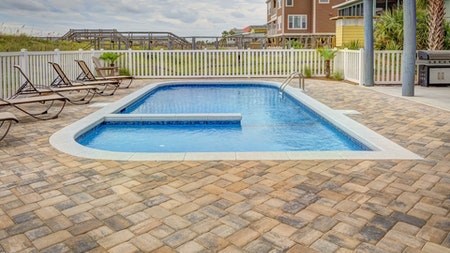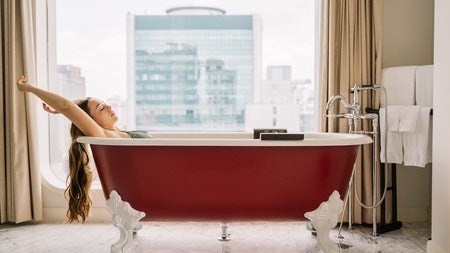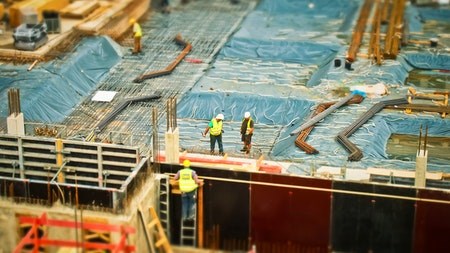There are many factors to consider before installing a swimming pool. First, you need to be sure what kind of pool you want and whether it will be a worthwhile addition to your property.
A swimming pool is a luxury, and although it will add value to your home, this shouldn’t be the main reason for installing one. Instead, focus on the months you will spend enjoying the pool with family and friends and your improved lifestyle.
Once you have decided to install a pool, you must plan carefully to ensure your project runs smoothly.
Pool type
First, you need to decide the purpose of the pool. Do you and other family members want to swim laps for exercise or just to cool off, relax and spend time outdoors? If the purpose is to relax, a spa bath could be more cost-effective as it takes up less space and is easier to install. It can also be heated for use in winter and may be therapeutic.
You also need to keep the long-term in mind. As your children grow up, they will have more friends coming over. If you are already at that stage, it may not be long before they leave home and you start enjoying some relaxing time alone instead of busy weekends.
The size of the pool will depend on the available space as well as the purpose. The bigger the pool, the more water and electricity it will use. Then there are ongoing maintenance expenses to consider and the work of cleaning the pool. A big pool will allow less garden space for children to play in when not swimming.
Above-ground latex pools are inexpensive, come in a wide range of shapes and sizes and are quick to set up. In addition, they are moveable and can be stored during winter. On the downside, they are not very durable, use a lot of water and require fairly high maintenance.
Fibreglass pools come in a wide range of shapes and sizes, need little maintenance, are highly durable and can be installed within a few days. However, installation costs are relatively high.
Concrete pools can be any size or shape. However, they need to be renovated every 10 to 15 years, use more chemicals than fibreglass pools, and the installation time is two to four months.
Heating
Heating your pool will enable you to use it for most of the year. The most popular heating options are solar, electric element, heat pump and gas. With ongoing loadshedding, energy saving is important, so solar and gas are probably the most feasible options.
Gas is suitable for heating pools for short periods. Gas pool heaters are effective but expensive to operate. They are ideal for quickly heating the pool when guests or children visit or for a second home where the pool is not regularly heated.
Heat pumps are recommended if you enjoy swimming regardless of the weather. This is also the preferred method for therapy or athletic trainers or when roof space doesn’t allow installing solar panels.
Solar pool heaters are suitable for recreational pool use, provided you are comfortable with medium pool temperatures. Solar works all year round and does not depend on the Eskom electrical grid. However, proper sizing is essential for good performance.
Extras
Once you have decided on the basic plan for your pool, you can consider additional features such as lighting, a pool bar and jets to create a spa.
Don’t wait for an accident to happen before considering pool safety features like pool alarms and covers. In addition to preventing accidents, pool covers also slow down evaporation and help keep the pool warm.
Resale
A swimming pool will appeal to many buyers, which can assist in helping your home sell easily when the time comes. But adding a pool could overprice your home, so you must be sure of your property value in the area you live.
Before making a final decision, do some research and contact a local agent to value your home to determine whether the addition would be financially feasible. Keep in mind that most buyers will look at a property from an investment viewpoint.
Writer : Sarah-Jane Meyer





